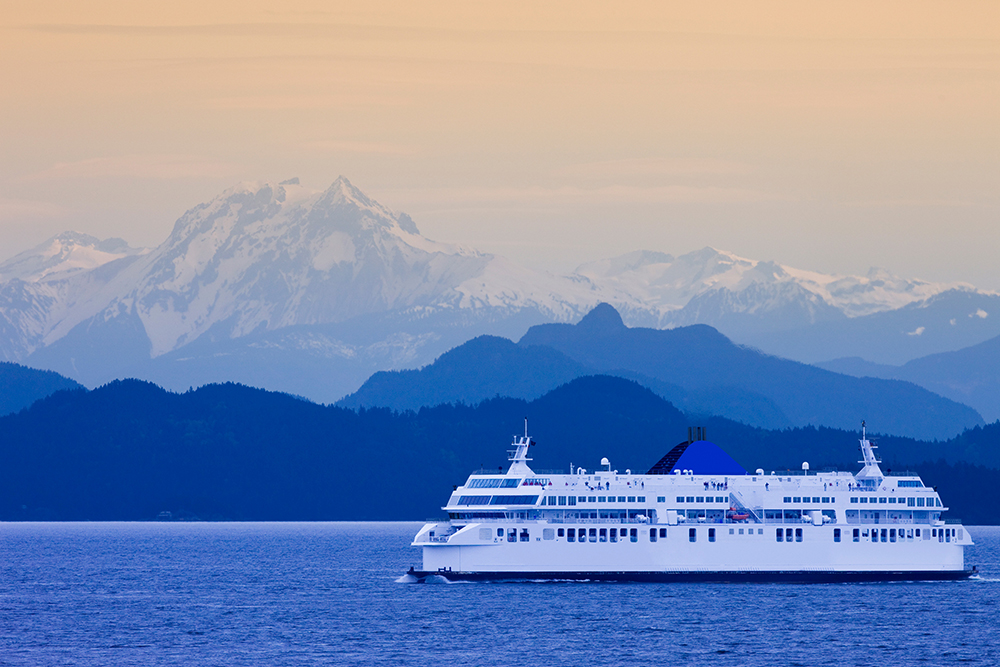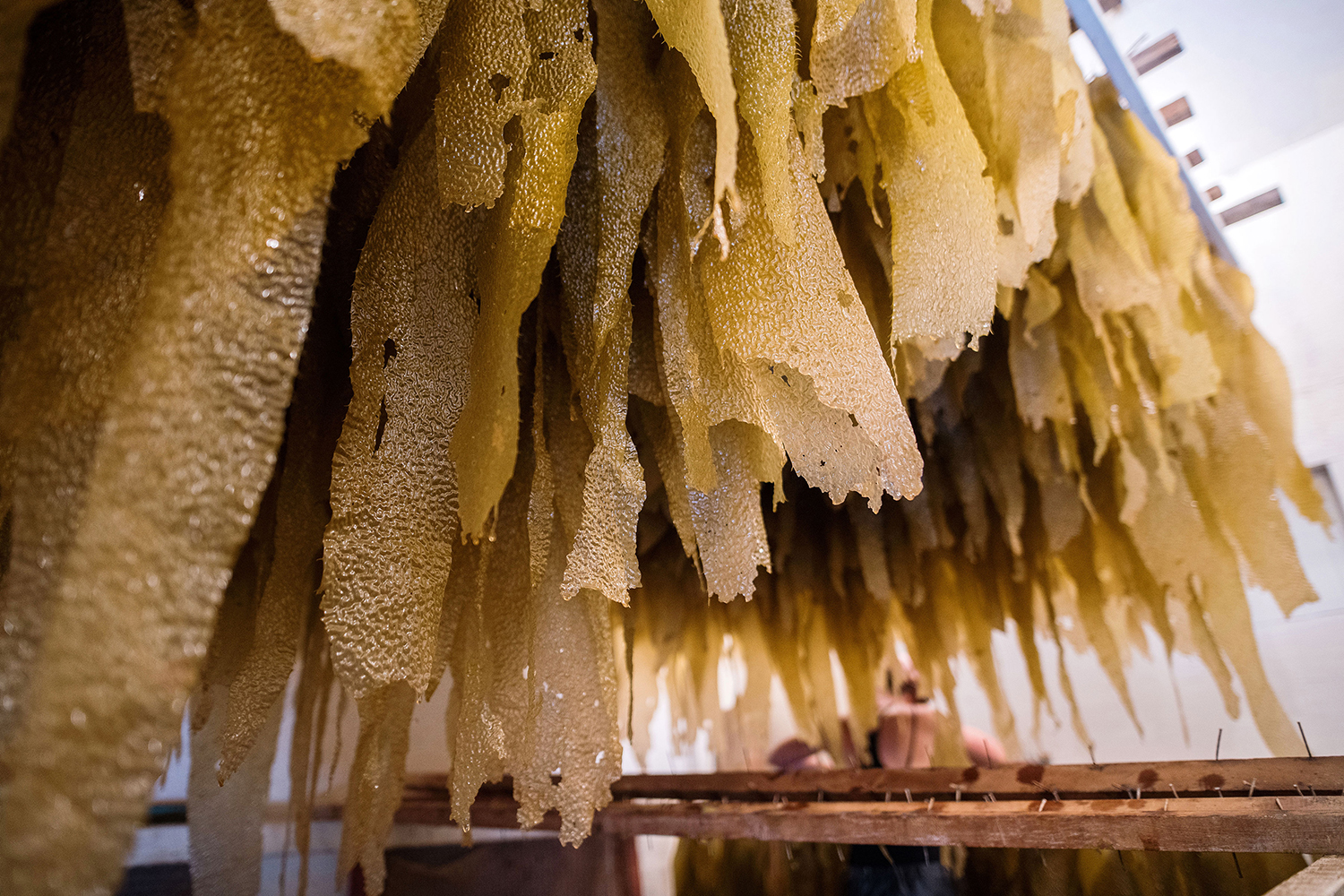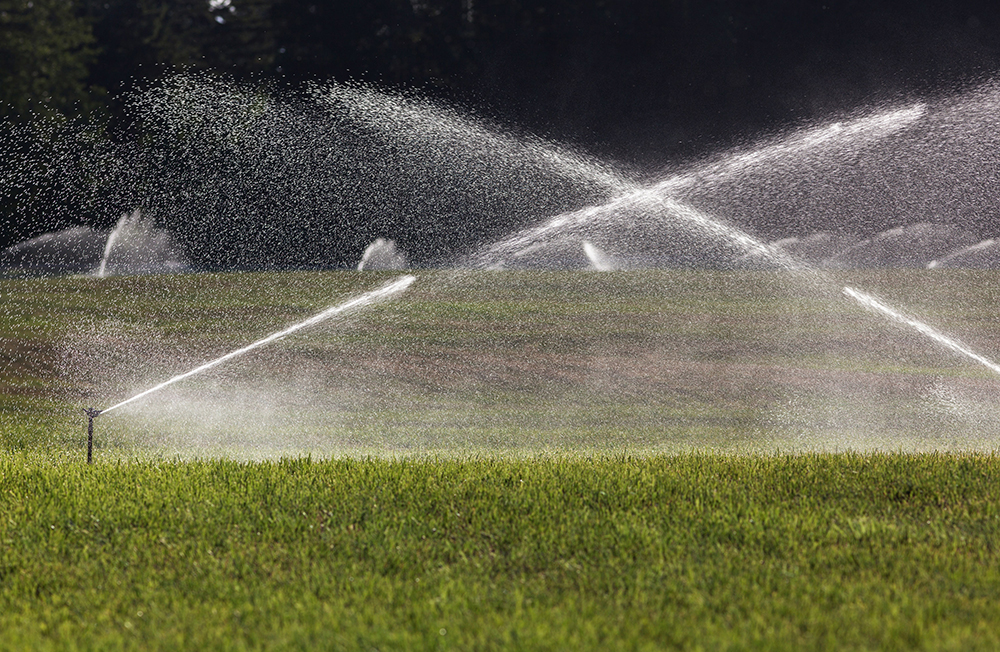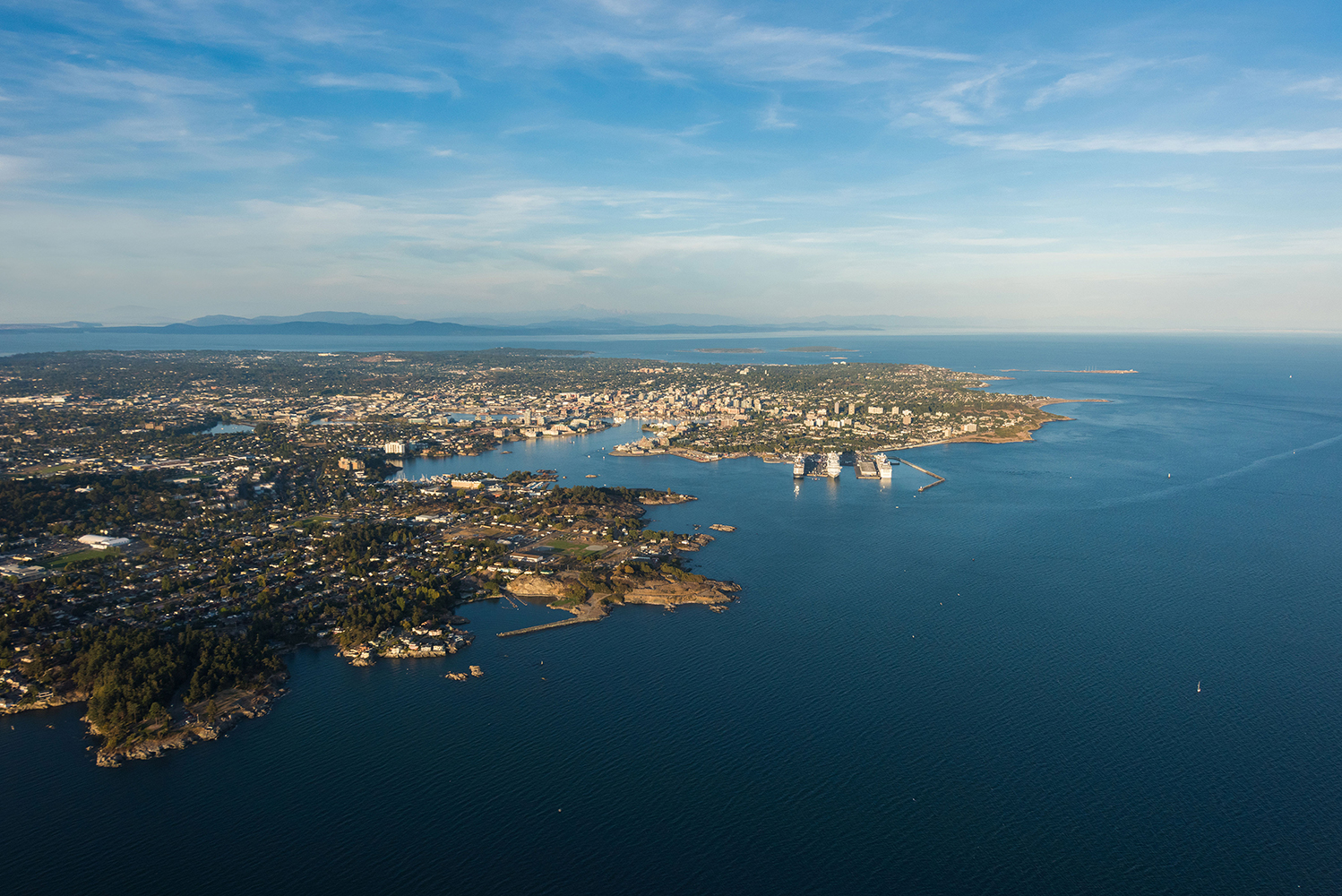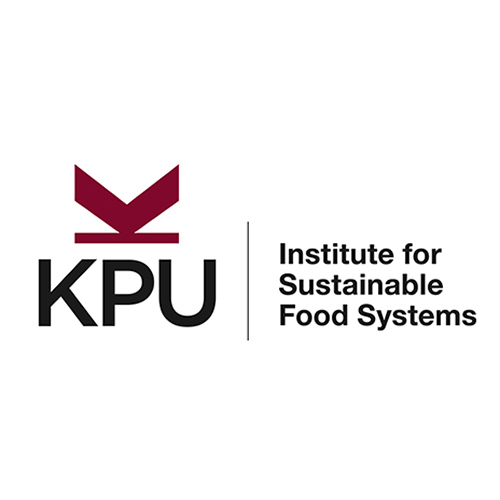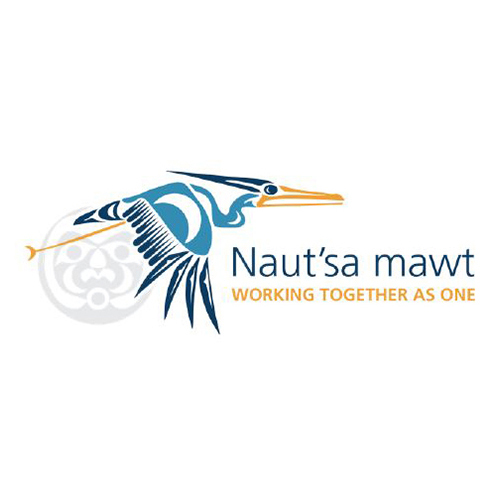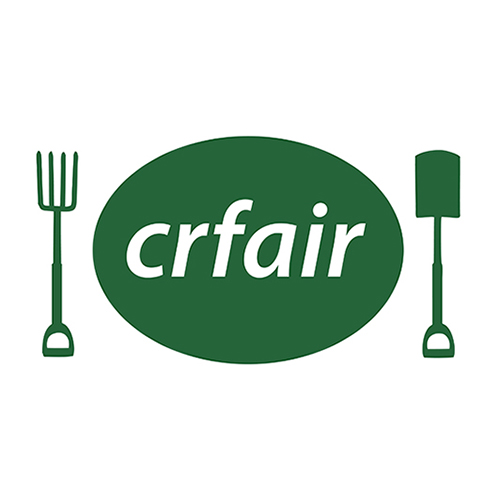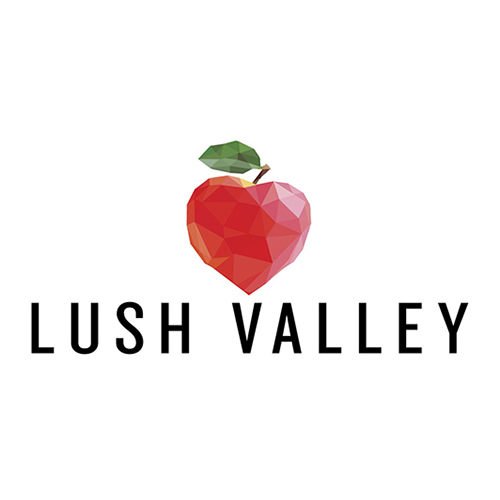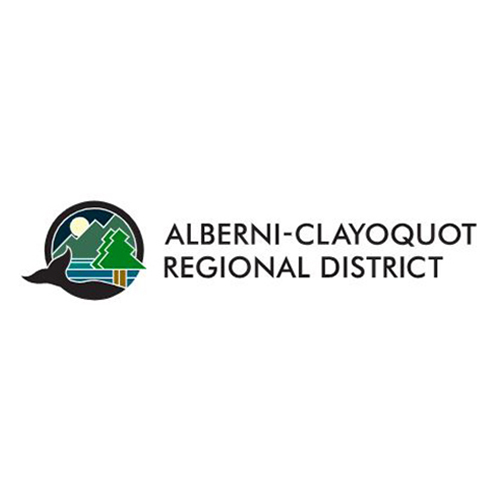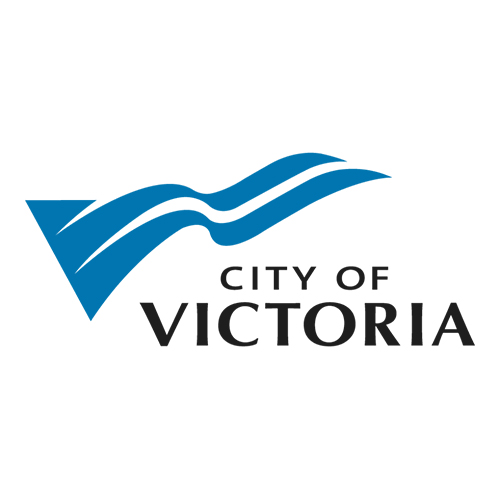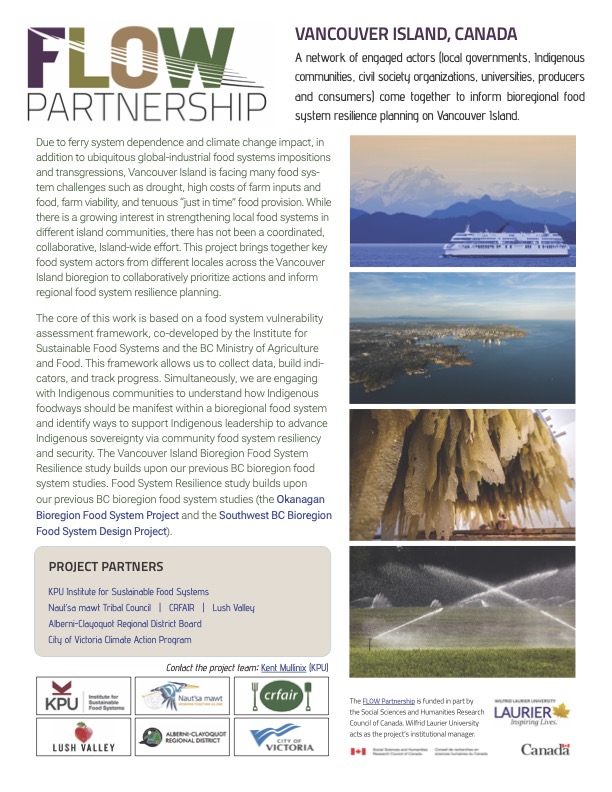Vancouver Island, Canada
A network of engaged actors (local governments, Indigenous communities, civil society organizations, universities, producers and consumers) come together to inform bioregional food system resilience planning on Vancouver Island.
Due to ferry system dependence and climate change impact, in addition to ubiquitous global-industrial food systems impositions and transgressions, Vancouver Island is facing many food system challenges such as drought, high costs of farm inputs and food, farm viability, and tenuous “just in time” food provision. While there is a growing interest in strengthening local food systems in different island communities, there has not been a coordinated, collaborative, Island-wide effort. This project brings together key food system actors from different locales across the Vancouver Island bioregion to collaboratively prioritize actions and inform regional food system resilience planning.
The core of this work is based on a food system vulnerability assessment framework, co-developed by the Institute for Sustainable Food Systems and the BC Ministry of Agriculture and Food. This framework allows us to collect data, build indicators, and track progress. Simultaneously, we are engaging with Indigenous communities to understand how Indigenous foodways should be manifest within a bioregional food system and identify ways to support Indigenous leadership to advance Indigenous sovereignty via community food system resiliency and security. The Vancouver Island Bioregion Food System Resilience study builds upon our previous BC bioregion food system studies. Food System Resilience study builds upon our previous BC bioregion food system studies (the Okanagan Bioregion Food System Project and the Southwest BC Bioregion Food System Design Project).

